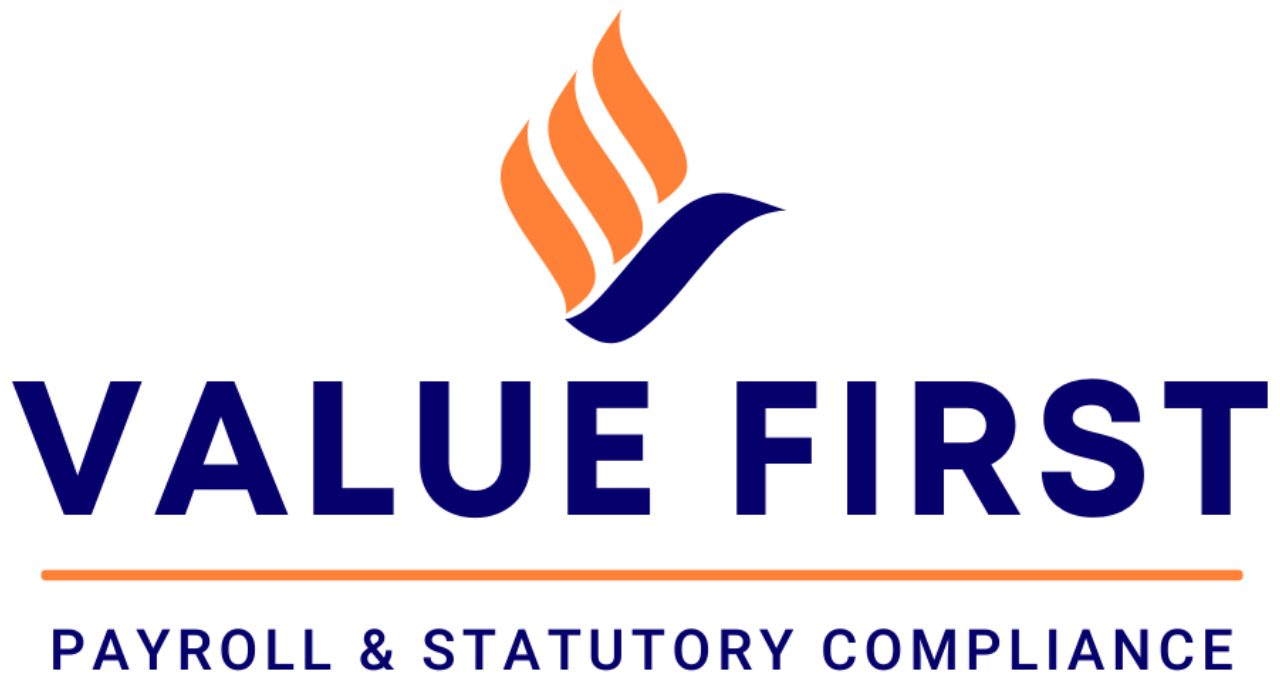Navigating the complex landscape of statutory compliance is an essential aspect of running a successful business. From labor laws to taxation regulations, overlooking statutory compliance can lead to severe consequences for businesses. In this blog post, we will...
Resources
Demystifying EPFO: A Comprehensive Guide to Understanding the Employees’ Provident Fund Organization
The Employees Provident Fund Organization (EPFO) plays a crucial role in securing the financial future of employees in India. Understanding its intricacies is essential for both employers and employees. In this comprehensive guide, we will delve into the key aspects...
Updated Checklist for Statutory Compliance 2021
The Employees Provident Funds and Miscellaneous Provision Act - 1952 (EPF)Shops and Commercial Establishments Act (S&E)The Employees State Insurance Corporation Act - 1948 (ESIC)The Labour Welfare Fund Act (LWF) 1965The Professional Tax Act (PT) 1975The Minimum...
Why should you outsource payroll
1.Cost savings Outsourcing payroll often saves a firm money compared to carrying out the task in-house. Processing payroll in-house means investing in the necessary computer equipment, payroll or accounting software and providing training to ensure that payroll is...
Importance of statutory compliance of businesses in India!
What is statutory compliance? An organization’s time, effort and money are utilized to ensure that payroll is compliant through a statutory audit. From employee’s fair treatment of labor to protecting the company from unreasonable wage or benefit demands from trade...



